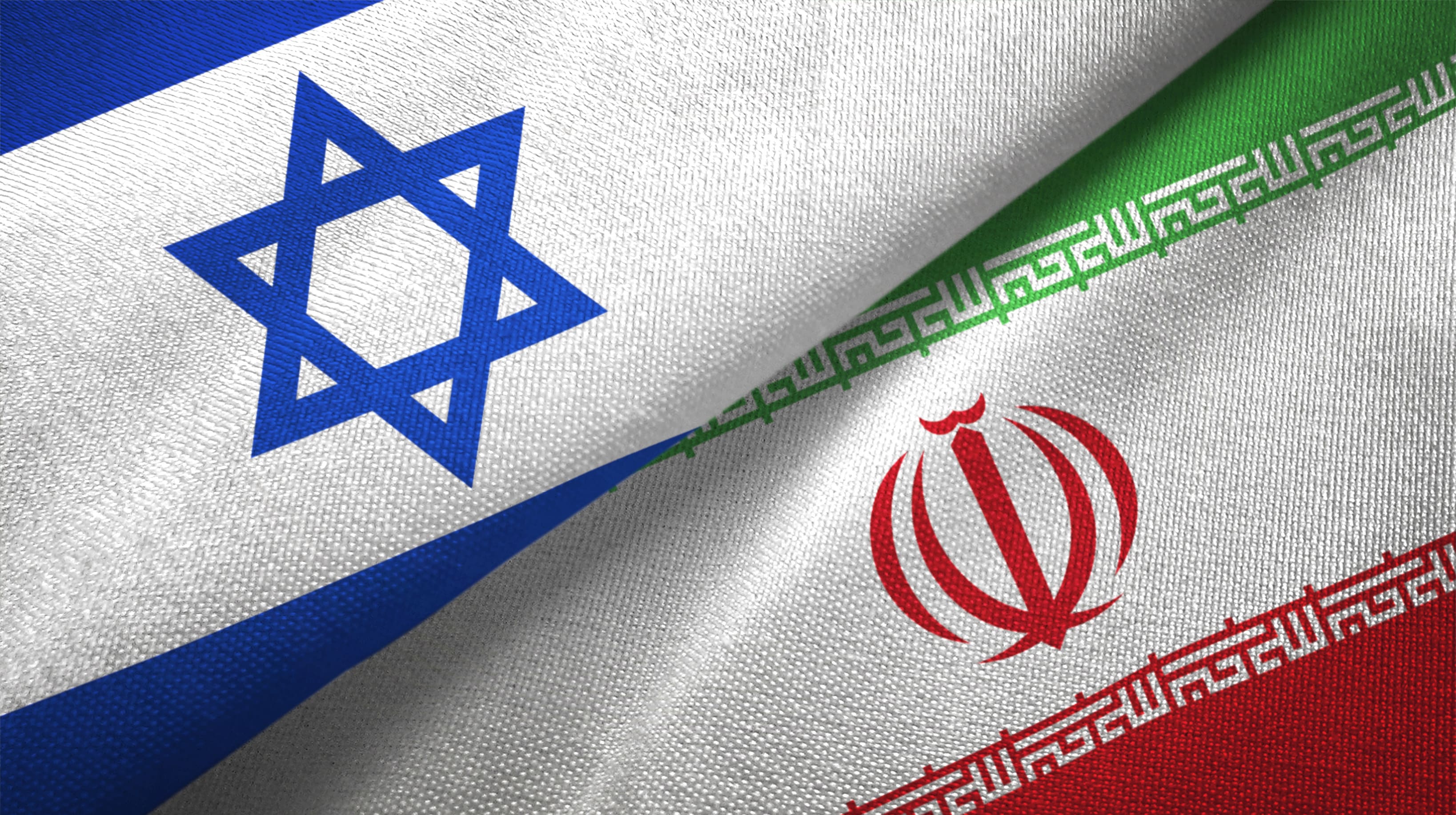Can Israel-Iran Tensions Really De-escalate?
The conflict in the Middle East persists, yet markets seem to have grown numb. U.S. equities are climbing, while gold and oil prices are retreating. Iran has signaled a willingness to negotiate — but

The conflict in the Middle East persists, yet markets seem to have grown numb. U.S. equities are climbing, while gold and oil prices are retreating. Iran has signaled a willingness to negotiate — but is it really that simple? If the conflict escalates, the consequences could be far-reaching.
Israel previously launched Operation “Rising Lion”, deploying about 200 fighter jets in three waves of large-scale strikes targeting Iranian nuclear facilities, missile silos, and high-ranking military officers. The Israeli government stated it will “continue striking until the mission is complete,” suggesting a high probability of sustained, high-intensity conflict in the coming weeks.
As Israel’s traditional ally, the U.S. military is now doing more than interception support. It is providing real-time intelligence, satellite surveillance, and aerial refueling, enabling Israeli jets to stay airborne longer and strike with greater precision. In doing so, the U.S. role as mediator has effectively ended, and it has shifted into a full military ally.
So far, Israel’s strikes on Iran remain relatively limited, but there are signs it may be seeking deeper U.S. involvement to complete an “unfinished mission.” For instance, Israeli aircraft struggle to destroy deeply buried sites like Fordow, but the U.S. possesses heavy bombers capable of carrying 30,000-pound bunker-busting bombs, which can complete the task.
If war escalates, it may follow the below paths:
1. Iranian Retaliation Against U.S. Forces
If Israel’s strikes on nuclear facilities—especially the underground Fordow site—cause substantial damage, Iran’s domestic hardliners would face mounting pressure to retaliate. In this case, Iran might directly attack U.S. military bases in Iraq, Syria, or the Gulf region, attempting to rally anti-American forces in the region and pressure the U.S. to slow its support for Israel.
2. Direct U.S.-Iran Military Confrontation
If Iran expands its retaliation from Israel to targeting the United States, the U.S. would be forced to respond. This could lead to direct strikes on Iranian territory, including missile facilities, airbases, and deeper underground nuclear sites. Heavy U.S. strategic bombers such as the B-2 or B-52, equipped with 30,000-pound Massive Ordnance Penetrators, would mark a significant escalation in the conflict’s intensity.
3. Strait of Hormuz Disruption and Global Oil Shock
The most sensitive geopolitical-economic risk lies in a blockade or partial conflict at the Strait of Hormuz, through which 20% of the world’s oil flows. Even limited confrontation there would likely send international oil prices surging above $100/barrel, severely disrupting global supply chains. Economies heavily reliant on energy could face sudden inflation spikes and even panic-driven fears of energy shortages.
It is important to note that the current situation has not yet crossed into full-scale warfare, but if Israeli strikes on Iranian nuclear facilities succeed, or Iran directly retaliates against U.S. targets, markets could face intense, sustained shocks — far greater than the Russia-Ukraine war.
Disclaimer: The views in this article are from the original Creator and do not represent the views or position of Hawk Insight. The content of the article is for reference, communication and learning only, and does not constitute investment advice. If it involves copyright issues, please contact us for deletion.